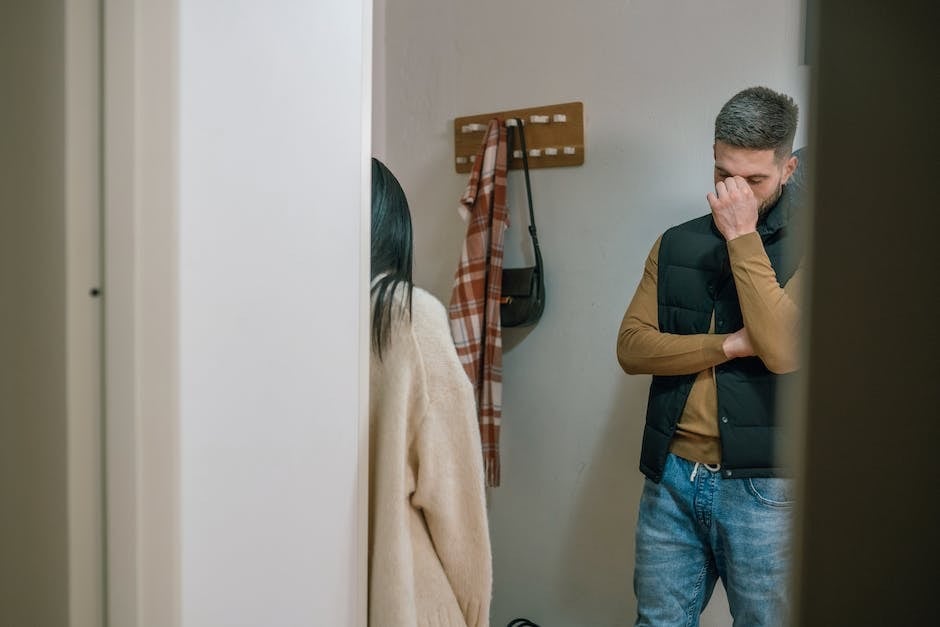Dating in Recovery
When a person is in early recovery from addiction, they must prioritize their sobriety and well-being above all else. Many circumstances can hinder a person’s ability to maintain abstinence, which must be avoided until they feel confident in their sobriety. One opportunity that can present an array of challenges for those in early sobriety is dating in recovery. While the opportunity to form an intimate relationship with another person in recovery is exciting, dating too early can be problematic for healing. Therefore, it is important to prepare for any potential harm that may result from dating in recovery and to know how best to approach dating opportunities.
Initial Considerations for Dating in Recovery
Many considerations must be made for a person who is interested in dating in early recovery. First and foremost, it is important to remember that the effects of chronic alcohol and other drug use are long-lasting. Substance use impairs brain structure and functioning in profound ways, which can inevitably interfere with an individual’s interpersonal relationships. Even if a person is no longer actively using substances, they may still experience the consequences of their past substance use in their present relationships.
Because of this, a general rule of thumb for individuals in recovery is to avoid dating during their first year of sobriety, at the very least. By participating in a treatment program, an individual can receive professional support and guidance in addressing and overcoming any lasting physical, emotional, mental, and spiritual effects of addiction. Until an individual feels confident in their ability to sustain sobriety without feeling tempted by triggers, it is best to place dating in recovery on the back burner.
Here are a few additional reasons why dating in recovery can be problematic:
Relationships Can Be Distracting
It is vital to recognize that dating can serve as a distraction from an individual’s main goal of healing. Participating in treatment and establishing early recovery requires a person to rediscover themselves. This phase will involve learning many new lessons, acquiring recovery tools, and finding coping skills to implement in daily life.
Meanwhile, an individual who is dating in recovery can hinder their progress by spending too much energy on nurturing a relationship. Those who have not dated for some time may forget that romantic relationships can often become a focal point of a person’s life. Dating too early can shift an individual’s focus away from their main goal of healing to another person, which can inevitably complicate their recovery.
New Romance Can Increase Relapse Risk
Another consideration for dating in recovery is that romantic relationships can contribute to an increased risk of relapse in more ways than one. First, a new romance can bring about new feelings of pressure and stress. Increased stress, even healthy stress, can increase an individual’s risk of relapse. This is especially true if they have not yet become proficient with effective stress management and relapse prevention tools. Additionally, the potential for a break-up can also affect an individual’s ability to maintain sobriety.
In addition to stress, another factor that can contribute to relapse while dating in recovery is a lack of boundaries. Feeling insecure, inadequate, or otherwise taken advantage of can be complex relational challenges to navigate in early recovery. Learning how to set appropriate boundaries – both personal and relational – takes time and first requires an individual to prioritize their own healing and well-being.
Another challenge is when a potential partner does not plan to be abstinent. This can be especially challenging for a person in early sobriety. Dating someone who is not sober can not only increase a person’s risk of relapse but can also lead to a plethora of other issues in a developing relationship.
Dating in Recovery While Prioritizing Sobriety
Those who are contemplating dating in recovery must first take an honest assessment of where they stand in their sobriety. If treatment is effective, a person may feel confident in their ability to maintain their sobriety and well-being as early as one year afterward. However, a person should also consider their consistency in using healing coping mechanisms for emotional regulation and stress management. How well they are applying those skills can determine whether or not dating in recovery will be beneficial or problematic.
Some suggestions for dating in recovery while prioritizing sobriety include:
- Creating and setting healthy boundaries with a potential partner upfront
- Considering pursuing others who are in recovery
- Staying engaged in treatment and support groups
- Learning new interpersonal skills in therapy
- Strengthening interpersonal skills with loved ones, especially conflict-resolution skills
Creating and Setting Healthy Boundaries
For some, one of the most challenging parts of dating in recovery involves creating and setting healthy boundaries. It can be difficult to set boundaries that align with an individual’s healing and recovery goals. While every person’s boundaries will be unique to them and their sobriety, here are some ideas of healthy boundaries to consider while dating in recovery:
- Attend all scheduled treatment sessions every week
- Engage with a personal hobby to stay motivated in recovery
- Uphold all personal values and priorities, even if it means agreeing to disagree with a potential partner
- Build new relationships slowly and intentionally
- Communicate personal feelings respectfully
- Avoid attending gatherings with a partner that are centered around alcohol and other drug use
- Learn how to say no when the request is not beneficial for sobriety
Dating in recovery can bring about newfound joy and excitement. It can also be particularly complicated for those still working to establish sobriety. If you or a loved one is wondering how to approach dating in recovery in the best way, staying engaged in treatment will be especially valuable. Grace Recovery provides a variety of different transitional resources for women who have recently completed treatment and are working to sustain sobriety. At Grace Recovery, we offer case management and experiential recovery coaching that are beneficial as you learn to navigate the complexities of dating in recovery. To learn more about how we can assist you, call us today at (737) 237-9663.




